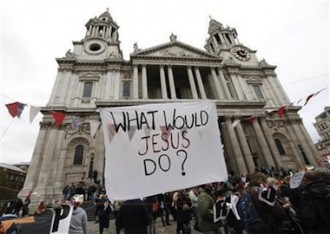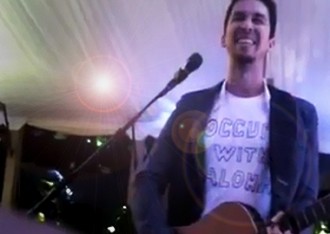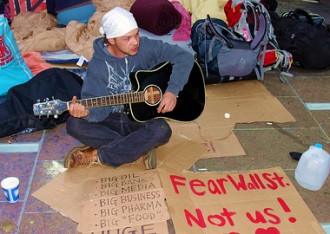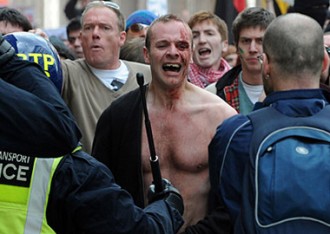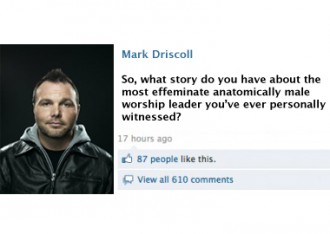
It’s Time To Ordain Women—Again
In their new book, Women Deacons: Past, Present, Future, Gary Macy, William T. Ditewig, and Phyllis Zagano revisit the question of women’s ordination to the diaconate in the Roman Catholic Church. Unlike ordination to the priesthood, women’s ordination to the diaconate has unambiguous roots in the Christian New Testament, where Phoebe is named as a deacon of the church.
Read More

